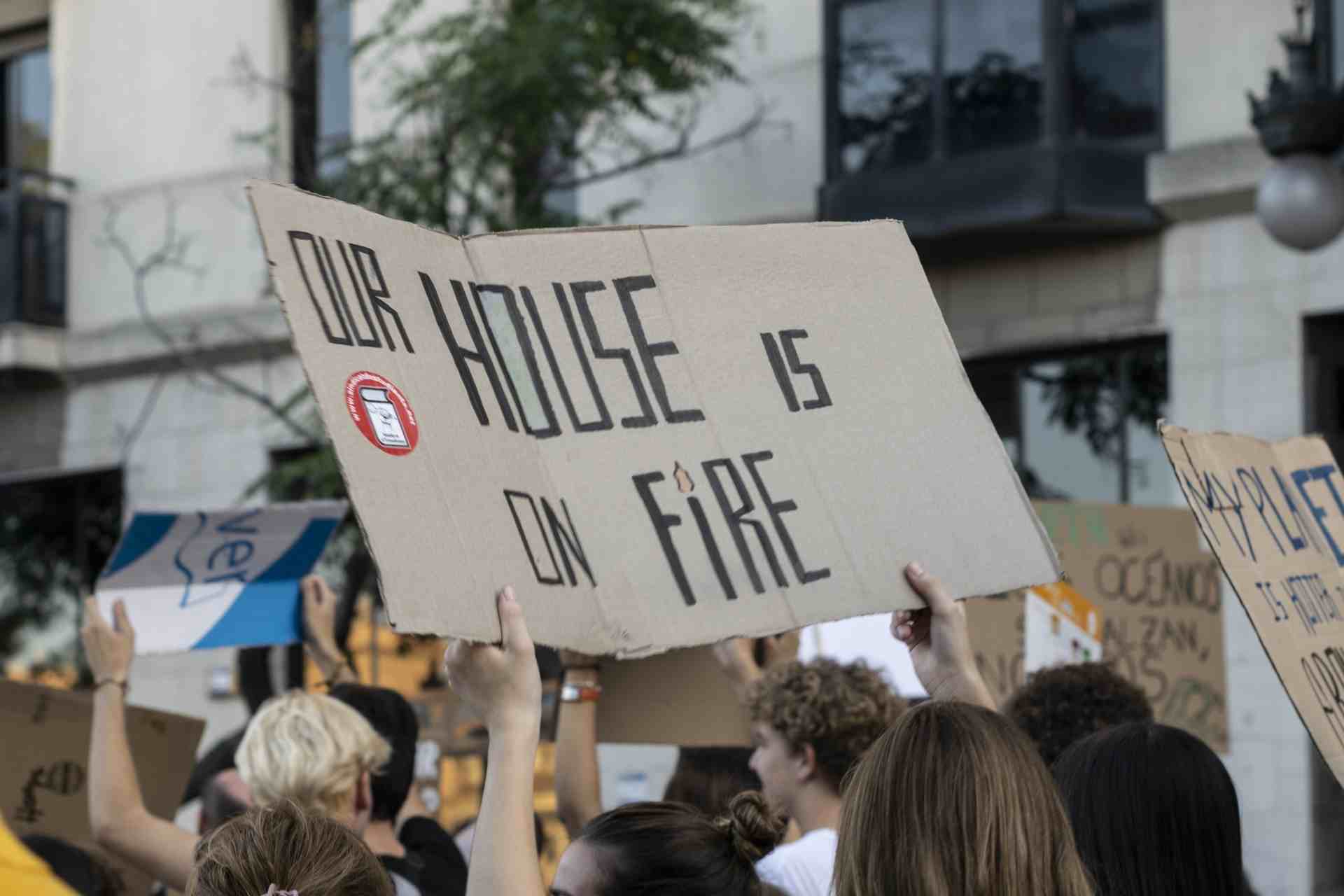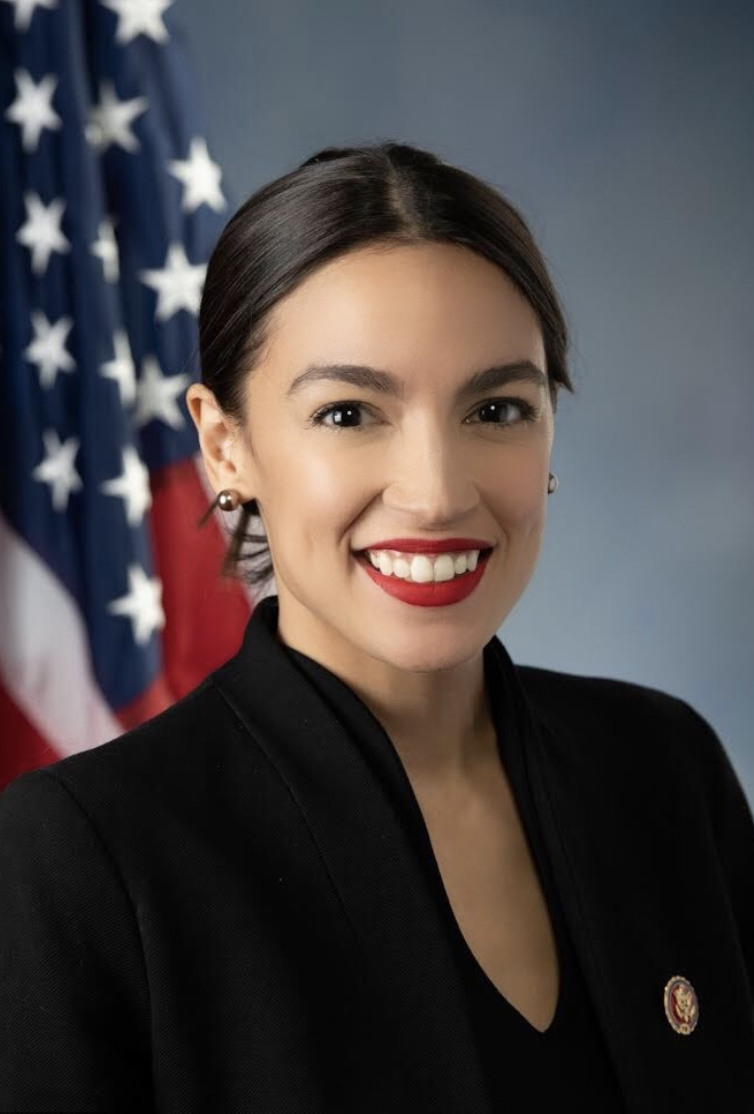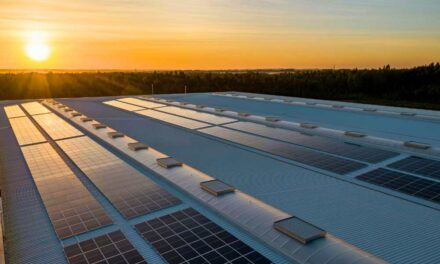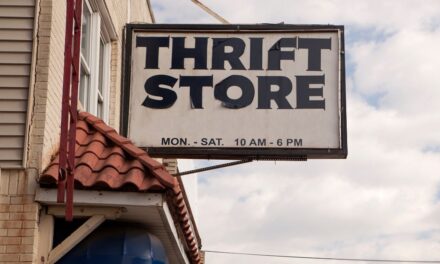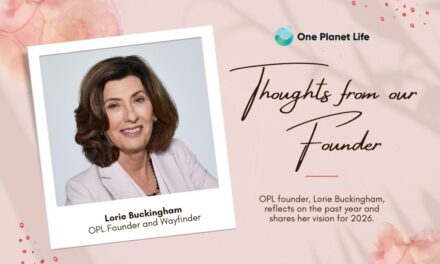Climate change is real, and the effects are becoming increasingly difficult to ignore. More extreme weather patterns, intense heat waves, and natural disasters are becoming a more frequent occurance across the country. The time to take a stand for our planet is now.
Greta Thurnberg: A Champion for Change
If you read Greta Thunberg’s book, No One is Too Small to Make a Difference, you’ll notice a common thread among her collection of speeches. Thunberg, a famous teenage activist, delivers these speeches in front of audiences across the world, from Capitol Hill to the United Nations. Her message is clear:
Start treating the climate crisis like an actual crisis.
If your house was on fire, you wouldn’t be thinking about redecorating. You’d be panicking.
You’re stealing my future.
Thunberg would rather not be giving speeches and repeating these messages ad nauseam. She’d rather be in school. But from the time she was eight years old, when she first heard about the climate crisis, it was clear that the people in power across the globe did not care about her future. Thunberg’s message is clear: we need to take responsibility and take action before it’s too late.
Thurnberg demands: Start treating the climate crisis as an actual crisis.
Thunberg and her family have reduced their emissions, becoming vegan and halting air travel altogether. She raises her voice now to beg for action from world leaders.
Inspired by the response of students in the wake of the Stoneman Douglas High School shootings, Thunberg refused to go to school. Instead, she went to the Swedish parliament to demand answers and actions.
Her speeches beseech lawmakers to unite behind scientific evidence. There is an irreversible chain reaction that threatens humanity if we don’t keep global warming below 1.5 degrees Celsius. We need to be talking about stopping emissions rather than reducing them, and the commitments in the Paris Climate Agreement aren’t nearly drastic enough.
The science is clear: we must act now.
Thunberg has a strong message for her detractors too, who believe she should stay in school. She asserts that she doesn’t need to be a climate scientists to change the world. The science has already spoken, screaming at us to take action. And there isn’t enough time to wait for her generation to grow up before something is done about climate change. By then, that irreversible chain reaction will already have been set in motion. So she’s going straight to the top, to the people that can bring about drastic change, if only they’ll listen.
To date, Thunberg has participated in climate strikes across Europe and continued to deliver speeches to governing bodies around the world. Her message is simple: if you want her to stop repeating herself and go back to school, world leaders need to start listening and stop stealing her future.
Alexandria Ocasio-Cortez: A Voice that Demands Action
Like Greta Thunberg, Alexandria Ocasio-Cortez has a very personal reason to champion reducing the effects of climate: it’s also her future that we’re stealing. She calls climate change the “World War II of millennials and gen Z.”
Her message echoes that of Thunberg: the effects of climate change will be irreversible unless carbon emissions are reined in to prevent the start of the end of the world, which could be as soon as 12 years from now. She describes climate change as “the single biggest national security threat for the United States and the single biggest threat to worldwide industrialized civilization.”
A member of the House of Representatives for New York’s 14th district, and the youngest woman ever to serve in Congress, Ocasio-Cortez is in the unique position of being able to fight that war and create change to save her future and the future of generations to come.
Along with Senator Edward J. Markey of Massachusetts, she introduced the Green New Deal, an environmental plan that lays out the steps for tackling climate change in the United States.
At a high level, the Green New Deal seeks to reduce greenhouse gas emissions while creating new jobs in the clean energy industry. The plan is based on findings from the Fourth National Climate Assessment, produced by federal scientists for the United States, and falls in line with the findings of the International Panel on Climate Change. It outlines not only the devastating effects that climate change has had and will continue to have on the environment, such as drought and the record wildfires in California but also the economic effects – the net damage to the US Economy causing the loss of hundreds of billions of dollars by the end of the century.
The goal is to achieve net-zero carbon emissions by 2050. In other words, the atmosphere needs to absorb as much carbon as it releases. Ocasio-Cortez asserts that this goal can only be achieved by solving social and economic inequality and seek clean energy solutions.
The plan proposes major infrastructure changes to curb the effects of climate change. It demands that America sources 100% of the country’s energy from renewable sources, upgrade buildings to be more energy-efficient, and overhaul our transportation system to focus more on high-speed rail and electric vehicles rather than air travel. At the socio-economic level, it calls on the government to provide job training to communities that are reliant on fossil fuel industries.
Though most Republican lawmakers strongly oppose the plan, the Green New Deal has strong bipartisan support among voters.
The Yale Program for Climate Change conducted a survey in which they outlined the principles of the plan. They found that although 82% of respondents hadn’t heard anything about the Green New Deal at all when presented with its details, 81% said they either ‘strongly support’ or ‘somewhat support it.’ Notably, the description of the deal left out the fact that it was championed by Democratic congress members, indicating that most people agree with the plan’s policies in principle.
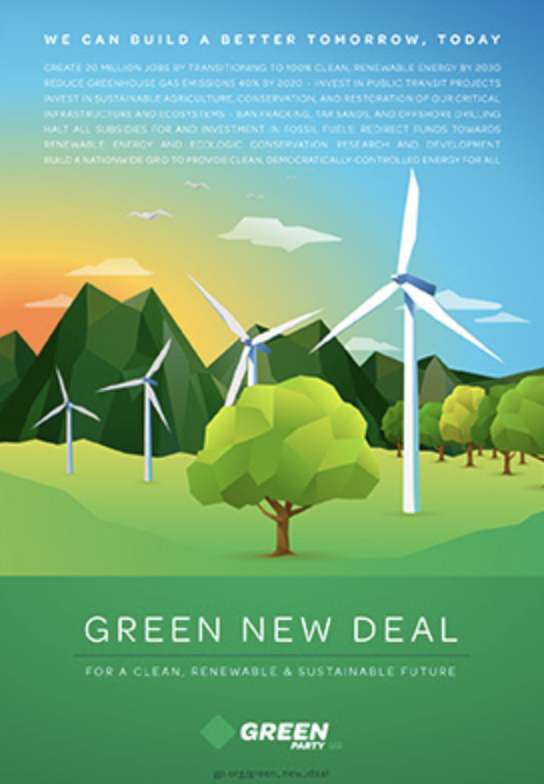
And although Alexandria Ocasio-Cortez has a long road ahead of her in a divided Congress, the Green New Deal presents a real solution to the climate change crisis.
The proposal begs the question: if this isn’t the solution, what is?
One Planet Life agrees it is time to start treating the climate crisis as an actual crisis. Achieving net-zero carbon emissions by 2050 is essential and requires big thinking and changes. We are focused on making small changes every day to make a difference.
Individuals can reduce their household’s emissions and make a difference by eliminating single-use plastic, planting trees, and eating vegetarian meals more often. Join us in leading a more sustainable life today on the One Planet Life app!

